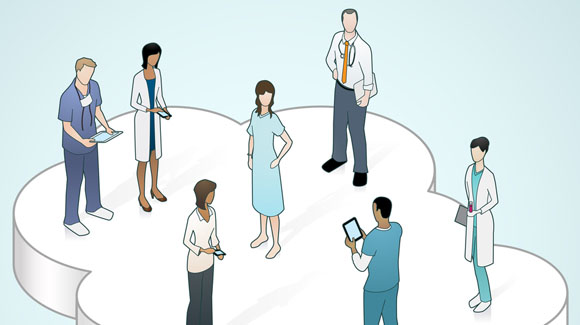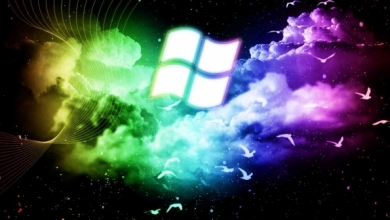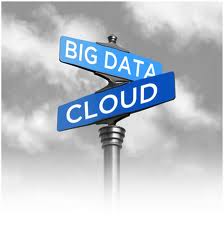Terry Ritter | Cloud Tweaks
The healthcare industry has been making its move toward technology, putting iPads and tablets into the hands of healthcare professionals and now, the latest big move has been adopting the concept of cloud computing to organize, share data and protect patient information and healthcare data from being tampered with or lost. Some might be wondering why medical professionals have waited this long to “hop on the cloud.” Perhaps the healthcare industry wasn’t ready before but they are definitely ready now. Greg Arnette, CTO of Sonian, a company that creates cloud-based technologies for businesses says that the healthcare industry has needed a more resilient network that is more up-to-speed than the average hospital’s IT network can offer. The most enticing part of a cloud computing system is the consistency in speed, uptime and its price tag.

“Cloud storage,” says Arnette, “can cost as little as 10 cents a month for ‘fast’ storage.” Here are a few other reasons why the healthcare industry is finally using cloud computing systems to store, share and back-up valuable data.
Protecting Patient Information
A hospital’s IT network is secure in the same way that locking a door is a temporary protection; it is easier for a hacker to understand how a companies’ security system functions and break-in than it is to cut through a cloud computing system that has several layers of security that are maintained at an administrative level. Plus Arnette explains that cloud systems are expected to adhere to privacy standards beyond HIPAA (Health Insurance Portability and Accountability Act), but also to PCI (credit card industry). Cloud computing solutions like VaultLogix online backup system offers clients full compliance to the industry regulations sited above and the IRS.
Sharing Records
Having a patient’s information on a cloud server could save lives. If a patient falls ill while they are traveling, their physician while abroad can access the patient’s records and get a better understanding of his medical history and whether the patient is allergic to certain foods or medications. If the patient is unconscious, he won’t be able to share this information on his own and it could be a matter of life or death.
Mobile Applications
Most cloud structures have great mobile apps that can allow healthcare professionals to access and change patient information on a tablet or smartphone. Having this kind of accessibility can be risky, but it can also make sharing and changing information easy. Rather than being required to sign into an intranet computing system to access files, you can use any type of machine to sign in to a cloud computing system and not worry about whether your machine has special permissions.
Updates in Structures
Another reason why cloud structures can be more secure than a hospital IT network is that a cloud back-up software is constantly upgrading and raising the bar for a client’s security. IT professionals try to stay current with their security measures but doing regular upgrades to networks can cause downtime and possible data loss, which is not optimal for hospitals that are up and running 24 hours a day. With the busy, high-demand schedule that most healthcare professionals have, it makes sense that more hospital IT departments are turning to cloud technology to organize, protect and back-up their valuable data.












